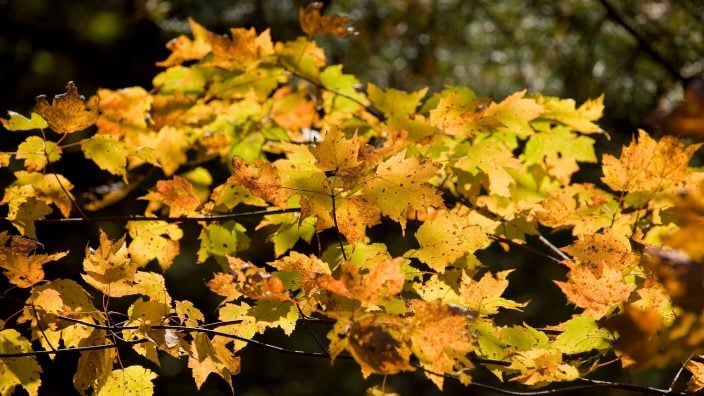Some memories not missed during cold weather
Most livestock animals are well adapted to cold weather, but farmers take extra measures when extreme temperatures come.
Read MoreWhatever method you choose, understand there is no right way or wrong way to handle leaves each fall.
Hello everyone. We are experiencing a very beautiful fall this year with the trees providing plenty of color.
With all those leaves now making their way to the ground, you may be asking yourself if you should rake or not. Everyone seems to have an opinion on what to do with the leaves, but in typical Extension fashion, my answer is “it depends.” It depends on your goals, your capabilities, your tools, and your level of hatred (or love) of leaves.
If your goal is to have a clean looking lawn going into the winter, then I’m sure you’re already planning to rake. Removing all the leaves from your yard does have advantages other than providing a cleaner looking lawn.
Non-mulched leaves tend to mat down grass in low lying areas. Next spring, these leaf mats may inhibit grass growth and result in muddy spots. Muddy spots then will need to be reseeded to prevent weed patches from popping up. If you are in a wet area, removing the leaves may aid in drying out the soil once spring rolls around, thus allowing you to mow sooner your mower or shoes getting stuck in the mud.
On the flip side, if your goal is to put as many nutrients as possible back into your yard, raking is likely not on your calendar each fall. Trees pull nutrients from the soil each spring as they produce new leaves. When the leaves drop back to the ground and decompose, many of those nutrients are returned to the soil. If we think about leaves like fertilizer, they have a nutrient analysis of about 20-2-8 (nitrogen-phosphorous-potassium). That is a lot of nutrients that can be returned to the soil, so removing the leaves entirely removes this free source of fertilizer.
As leaves break down, they join other organic matter, which includes any plant or animal material that is breaking down in your soil. In lawns, this will include grass clippings, leaves, dead worms and invertebrates, and other organic sources. Organic matter is Mother Nature’s original slow-release fertilizer. Increased amounts of organic matter in your soil will also aid the drainage characteristics of soil. Even though matted leaves may delay the drying, composting your leaves and returning it to your soil may help dry it out in the long run.
For those of you who are pro raking, you know it can be a labor-intensive chore. There are tools available that can help make the process a little bit easier. Leaf blowers, mower baggers, lawn sweepers, and lawn vacuums are just a few tools that can take some of the strain off your shoulders. Some of these items can be rather large and bulky, so consider your storage capabilities when choosing a tool. Many landscapers also offer leaf services, which may be a more economical choice if you don’t have the time or storage space to undertake the task yourself.
Getting the leaves into a pile is only half the chore. You still need to figure out what to do with the leaves. Some communities offer curbside pickup, but if you are in the townships you will have to find alternative ways to discard of your leaves. A key warning: do not burn the leaves unless you are prepared to have a conversation with a firefighter. There are better and easier methods to dispose of the leaves that won’t smoke out your neighborhood, and that don’t pose a fire hazard.
Composting is a great compromise between raking and letting the leaves lie where they fall. You can have a clean looking yard, but also maintain the nutrients that can be spread back onto your yard once the composting process is complete. Leaves compost rather easily, so just pile them up and turn them once this fall, and a couple more times in the spring and they will likely be ready to spread on your yard. Leaves can easily be transported around your yard with the use of a tarp. Simply lay the tarp out near your leaf mess, rake or blow the leaves onto the tarp, and then drag the tarp to your compost site of choice. You can even make dumping them simple by taking one side of the tarp and walking it over the entire tarp, thus leaving all the leaves in a single pile.
Whatever method you choose, understand there is no right way or wrong way to handle leaves each fall. Don’t judge others for how they handle their leaves (unless they are burning them — maybe judge those folks a little).
We have a lot of new farmers in Trumbull County, and many others that want to start farming but are not sure how to get started. Our office will be offering a series of farm business prep class that will help you develop a business plan, enterprise budgets, understand farm taxes, and other business-related topics.
Even if you’ve been farming for a few (or many) years, these classes may be a good refresher. There will be three two-hour ZOOM classes offered on Wednesday evenings in November. Cost for all three sessions is $60 and will allow you to access the recordings if you can’t attend at the appointed time. Call 330-638-6783 or visit trumbull.osu.edu for information.
Submitted by Lee Beers, an Agricultural and National Resources Educator for OSU Extension – Trumbull County. He can be reached by email.
OFBF Mission: Working together for Ohio farmers to advance agriculture and strengthen our communities.
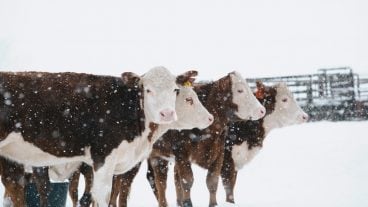
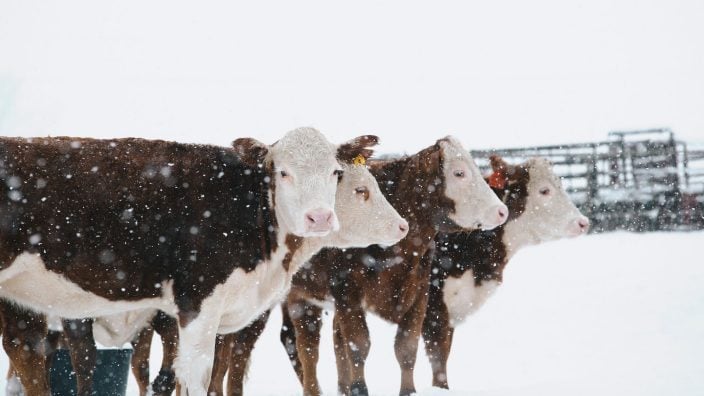
Most livestock animals are well adapted to cold weather, but farmers take extra measures when extreme temperatures come.
Read More

We often talk about the moments that shape us — big decisions, career paths and life milestones. But more often than not, it’s not the moments that define us. It’s the people.
Read More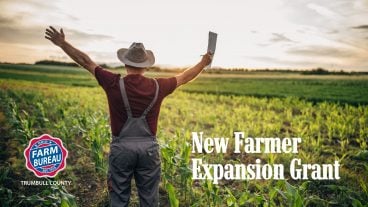
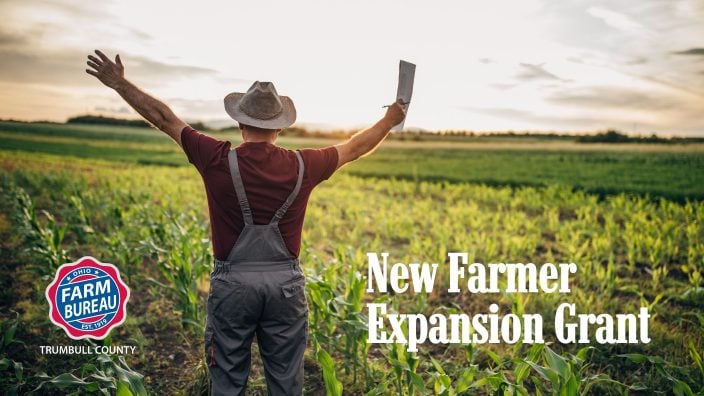
The purpose of this $1,500 grant is to help offset farm operation costs. This can include but is not limited to: fuel costs, fertilizer costs, equipment costs, land rent, etc.
Read More

I’m going to give you a list of things that you can do that will get you outside and actually enjoy the snow.
Read More

As kids, we are often told to try new things, whether it be a new food, a new activity or…
Read More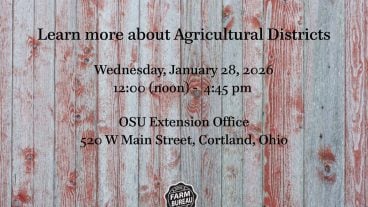
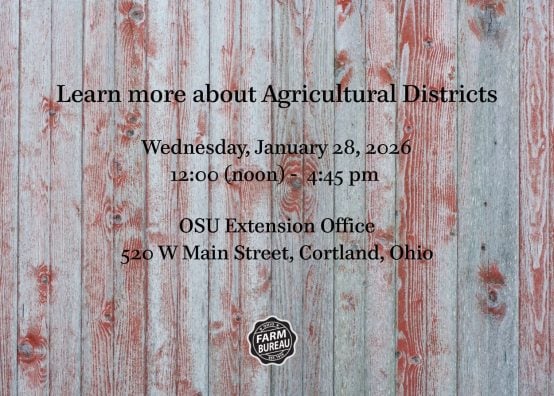
Learn more about ag districts from noon to 4:45 p.m. Jan. 28 at the OSU Extension Office, 520 W. Main Street in Cortland.
Read More

We aren’t just reacting to change — we’re shaping the future of agriculture, one conversation and one decision at a time, together.
Read More

Today, there are close to 15,000 farms growing Christmas trees in the U.S., and over 100,000 people are employed full- or part-time in the industry.
Read More
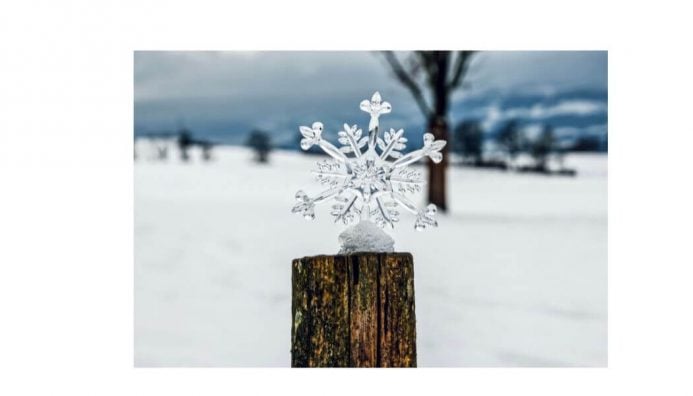
In a world that can sometimes be so loud and busy, snow literally slows us down and quiets the sound.
Read More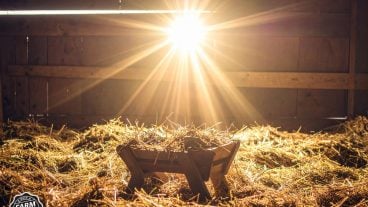
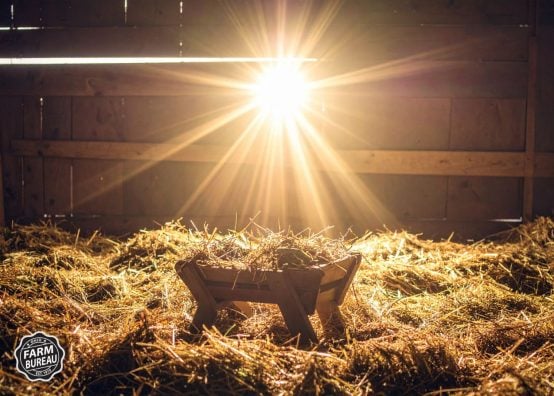
It might seem like a real chore to have to take care of the animals before any Christmas gifts or meals can happen, but to me it is such a special time.
Read More